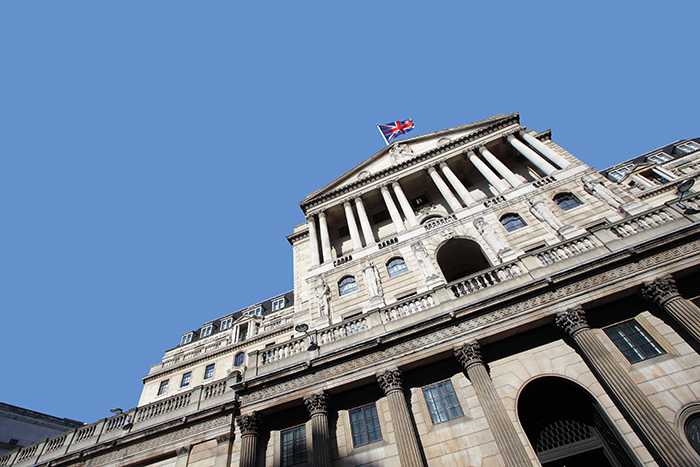
The Bank of England (BoE) has estimated that around 40% of all mortgages will increase in the next 12 months.
Speaking in a Treasury Committee meeting on Monday, the BoE executive director for financial stability strategy and risk Sarah Breeden said 20% of mortgages are “floating” meaning “they will see the interest rate increase come through immediately”.
“Of the 80% that are fixed, our data suggests that around a quarter of those come out of that in the next 12 months. Of that 100% stock of mortgages actually only 40% are going to see higher rates in the immediate period ahead,” she explained.
Breeden highlighted that 80% of borrowers were on a fixed rate but highlighted that there is a “natural buffer which means the pass through of interest rates is on a slower burn”.
“The fact that we start with greater resilience and the government’s fiscal support, the position of highly indebted households at the end of 2022 is not very different to the position at the start of the year,” she added.
The BoE said although UK households will be squeezed on their mortgage payments, it wouldn’t reach the same level as during the financial crisis of 2008.
BoE governor Andrew Bailey told the Treasury: “It would take a big increase, above and beyond what the market interest curve thinks at the moment, for that to happen.”
On 16 June, the BoE increased the base rate by 25 basis points to 1.25%, marking the fifth base rate rise since December 2021 after a decade of historic lows.
Yesterday, Moneyfacts revealed that the average overall two- and five-year rates have increased sharply this month as lenders continue to revise and re-price their product ranges.
The average overall two-year fixed rate has risen for a ninth consecutive month. At 3.74%, the overall average two-year fixed rate has increased by 0.49% month-on-month.
Last week, the BoE’s Financial Stability Report found that the share of households with high cost of living adjusted debt-servicing ratios (DSRs) on their mortgage has remained significantly below pre-global financial crisis peaks over the past few years.
In the first quarter, the share of households with high cost of living adjusted DSRs for mortgage debt was 1.7% up from 1.4% in Q1 2020.
The report noted that these figures are “around the historical average for the series”, and “significantly below” the pre-global financial crisis peak of 2.8%.
According to the FPC’s, this reflects its mortgage market recommendations, which have “guarded against a material loosening in underwriting standards and an excessive build-up of household debt”.
Trends in both net measures are also mirrored in the gross DSR measures based on gross, pre-tax income referred to in previous Financial Stability Reports, the BoE noted.
The shares of households with high cost of living adjusted DSRs on their mortgages are likely to remain at around their current levels over the course of this year.



